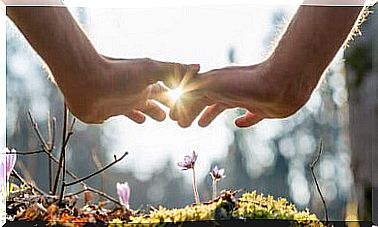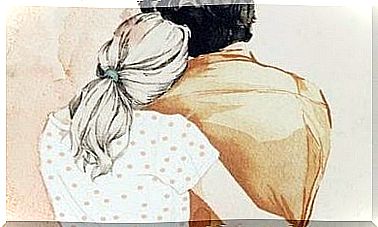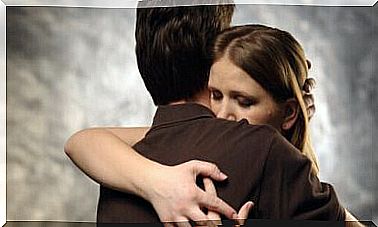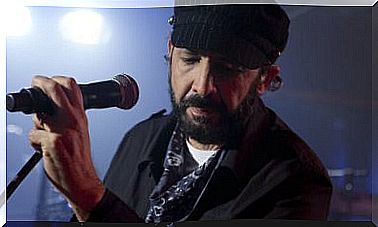Are You Still Thinking About It? Do The Camino De Santiago
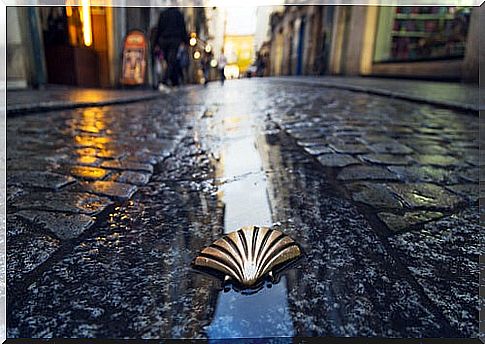
The Camino de Santiago is a religious pilgrimage with more than 1,200 years of history. It is called as such because the final destination is the Cathedral of Santiago de Compostela, the Spanish city where it is said that the remains of the Apostle Santiago are buried.
The Camino de Santiago is a unique form of exercise with a clearly defined objective, to reach the end. The old road ended in Finisterre, a point that was considered the end of the world. Currently, most of the pilgrims who do so end up in Santiago de Compostela.
The Camino de Santiago can be understood as a ritual practice since it involves behavioral and cognitive patterns characteristic of rituals. Some of these are euphoric and dysphoric arousal, synchronized movements, and repetitive mindless behaviors. In addition, pilgrims tend to establish strong bonds between them that go beyond the friendships that are usually made in everyday life, which are usually based on the characteristics that are shared.
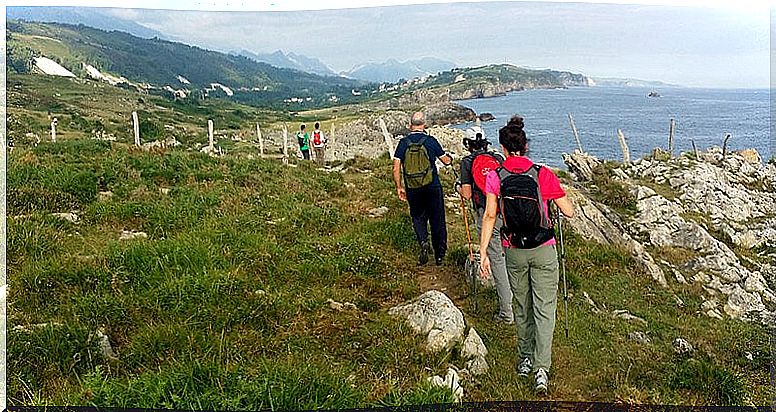
Differences between the old and the modern way
The modern road is very similar to its medieval predecessor with some important differences, there are new infrastructures such as hostels or shelters for pilgrims and the road deviates through municipalities, churches and points of tourist interest. The main differences between modern and medieval pilgrimage stem from the motivation of the pilgrims.
In the past, participation on the road was a deeply religious experience while some of the pilgrims today may have spiritual motivations, they also exhibit more diverse motivations ranging from religious to sporting.
In the case of the Camino de Santiago, the pilgrim is a tourist who runs away from the usual crowds to reach the final destination. This pilgrim is one who seeks relaxation (especially spiritual) and benefit from a more peaceful journey through cities and towns.
The fact is that the pilgrimage has a polysemic content and is a reflection of the modern multi-religious and multicultural European society. Tourists’ beliefs are diverse on the Camino de Santiago and, whether to enjoy their vacation period or because of their religion and / or spirituality, or a mixture of both, they come from very different places in search of a unique experience.
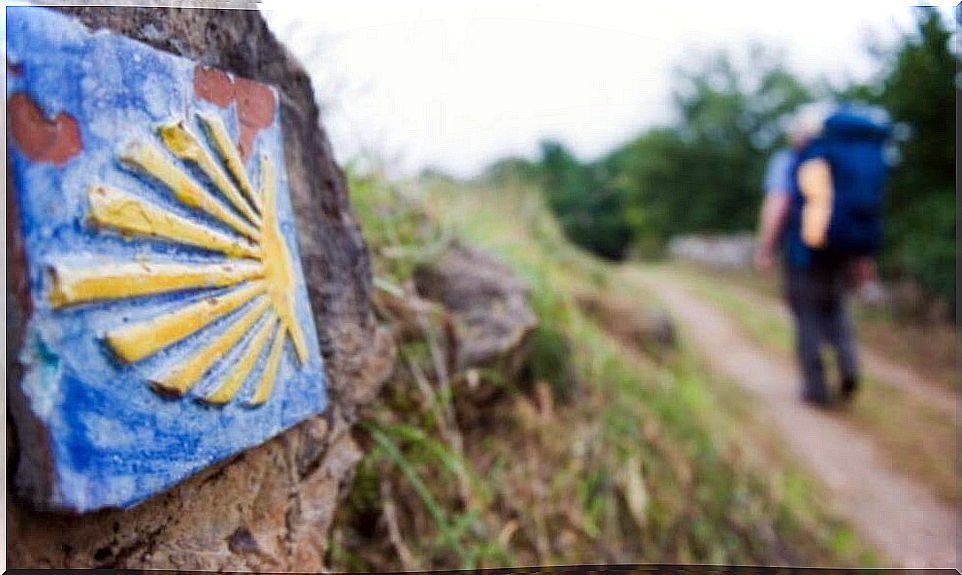
Carrying out the journey seems to satisfy an idealized and generally growing need in modern man for transforming tourism. These travelers are often motivated by the attractive combination of nature, countryside, culture, history, and gastronomy.
In summary, the current recovery of the pilgrimage routes, or simply cultural routes, has meant the emergence of the post-secular; that is, the use of space and the visibility of religious and spiritual events in a number of qualified places. Therefore, the religious character has been lost in front of the cultural character.
Benefits of walking the road
Regarding the physiological aspects, the path has been identified as a low to moderate intensity exercise, with a high frequency and duration. The pilgrimage has been linked to cholesterol loss and weight loss. The affective or emotional response to exercise will distort the perception of the activity. Thus, if when walking we perceive a positive affective response, the motivation to continue will increase, which will lead to greater health and physical condition.
But apart from the health benefits that taking the Camino de Santiago can have, there are other no less important benefits of a psychological nature. As has already been said, the Camino de Santiago is a ritual.
Rituals that arouse excitement, whether euphoric or dysphoric, will make us feel closer to our fellow travelers, who, in this case, are usually strangers. Also synchronized movements or walking at the same time with other people will increase our desire to help others, even those who are not pilgrims.
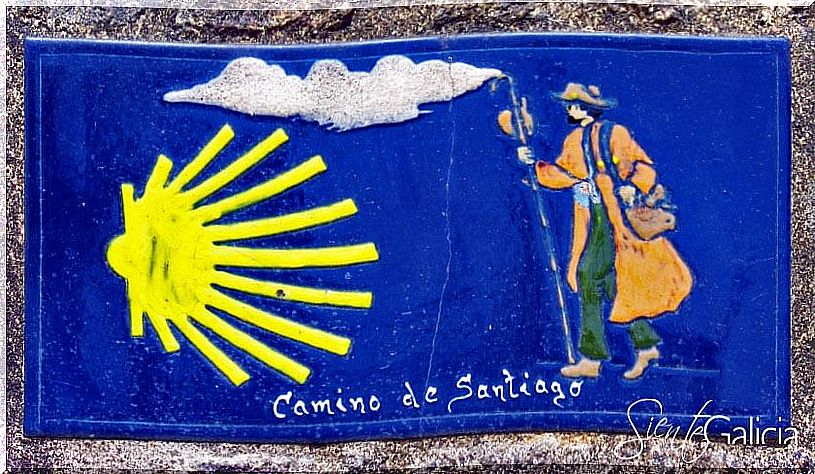
Becoming a pilgrim and doing the Camino de Santiago will improve our physical health, become better people and establish strong friendships in just a few days. Are you still thinking about it? If you do not feel motivated, once you start it you will be and it does not matter why you do it, because everyone will accept you.

